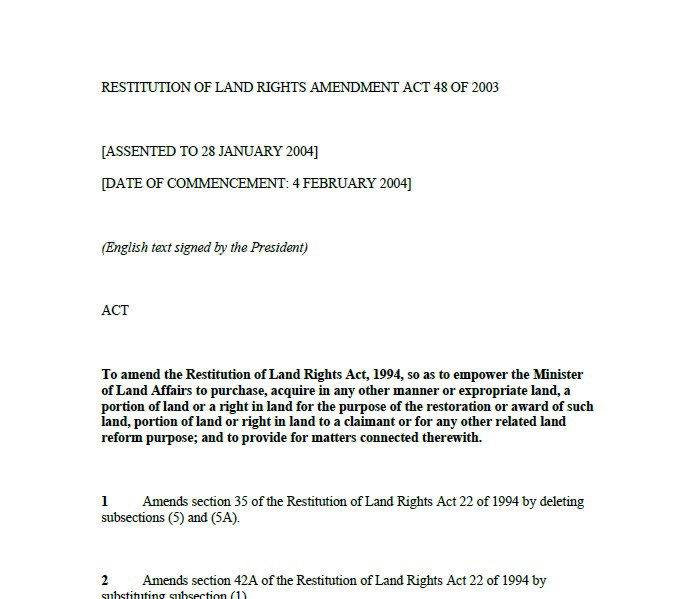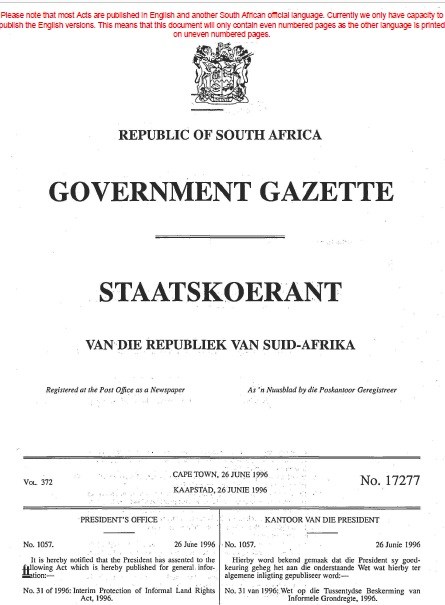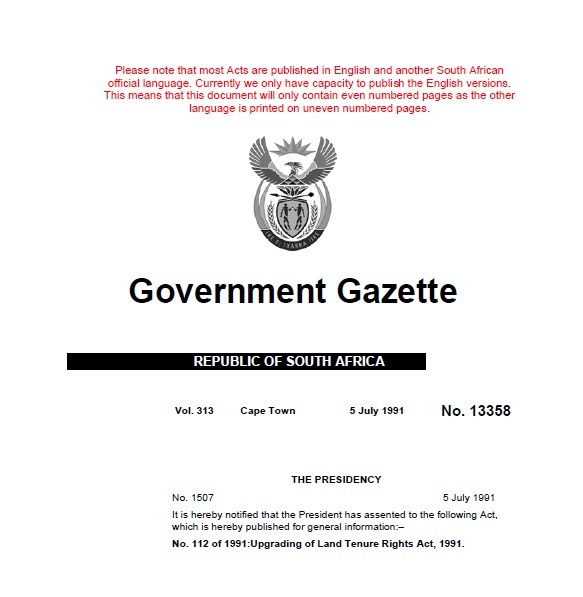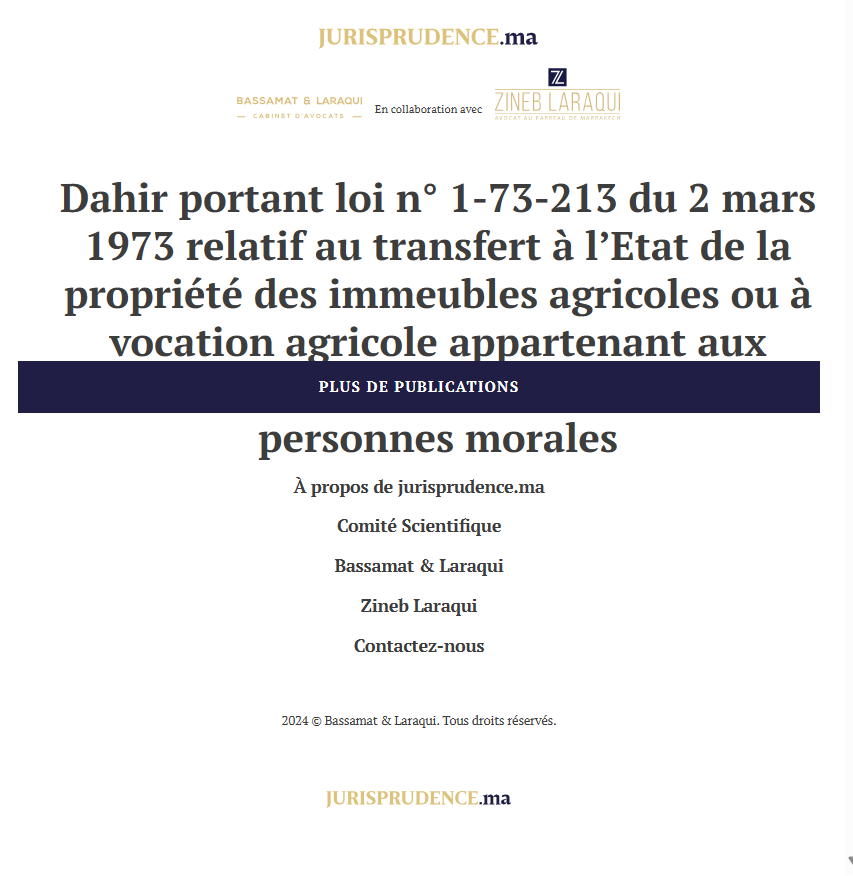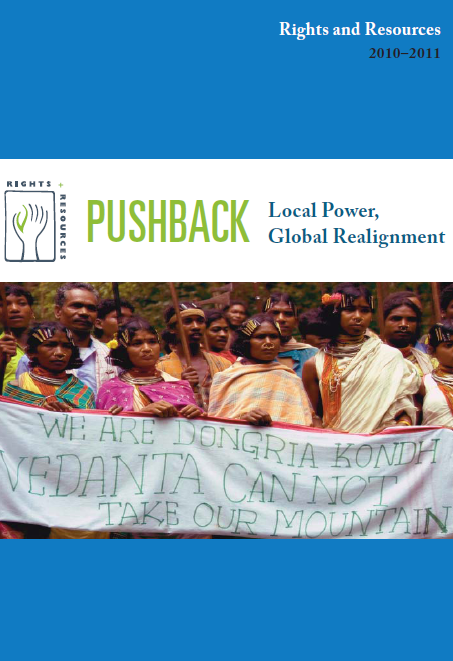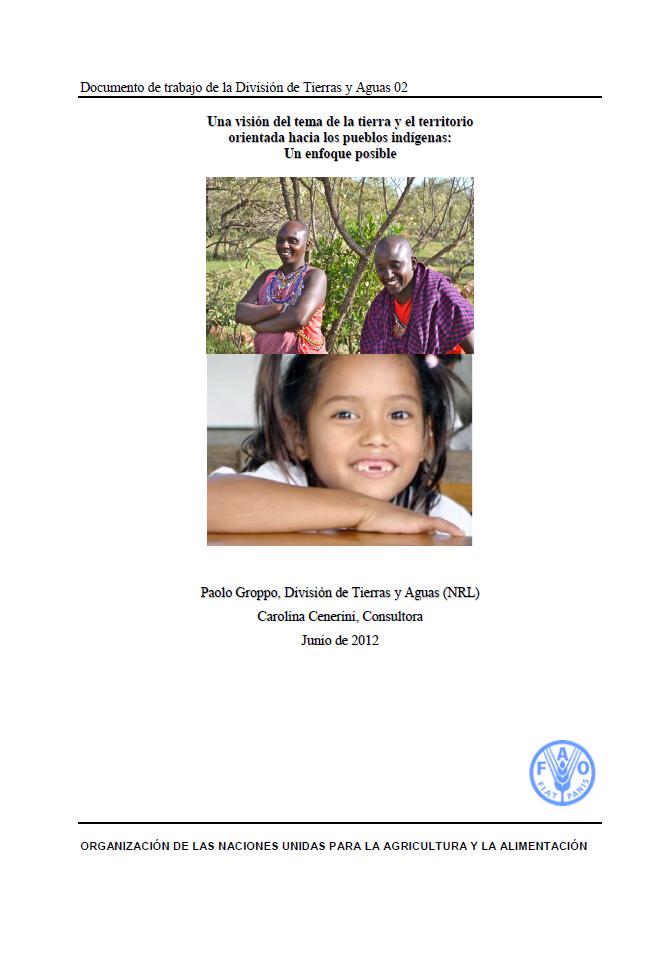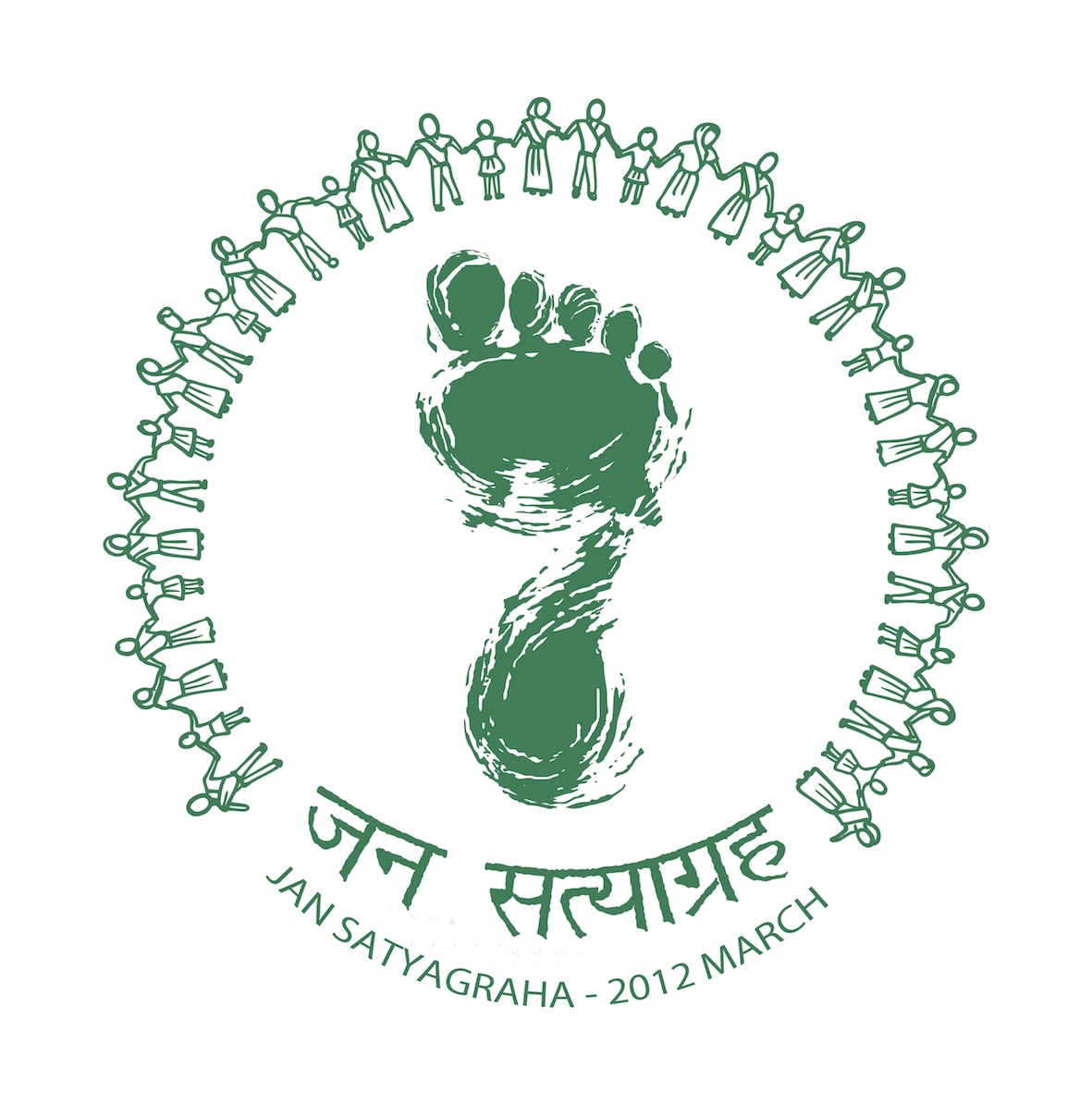Restitution of Land Rights Amendment Act 48 of 2003
To amend the Restitution of Land Rights Act, 1994, so as to empower the Minister of Land Affairs to purchase, acquire in any other manner or expropriate land, a portion of land or a right in land for the purpose of the restoration or award of such land, portion of land or right in land to a claimant or for any other related land
reform purpose; and to provide for matters connected therewith

